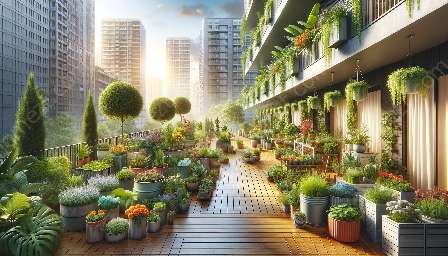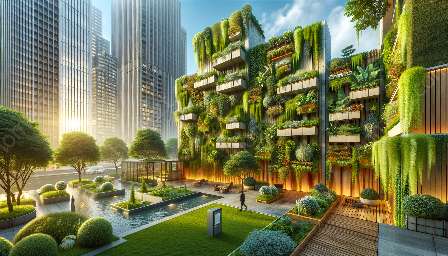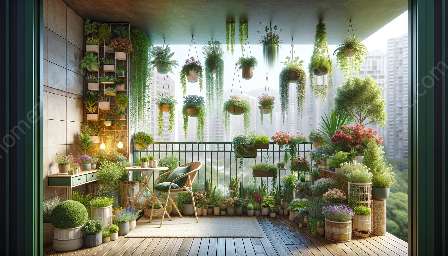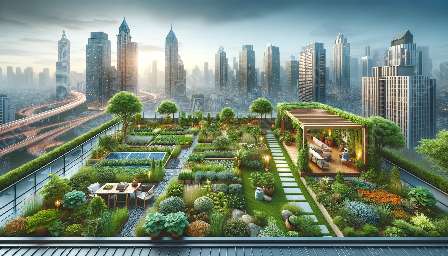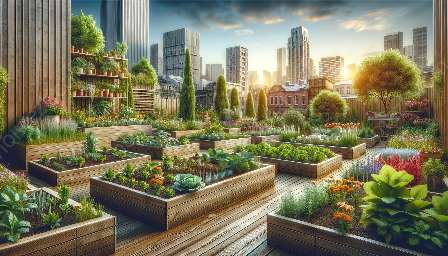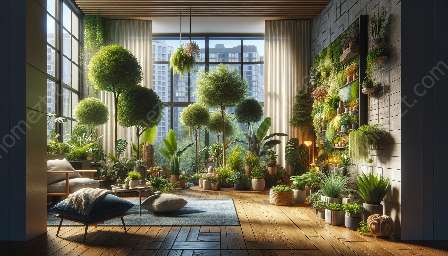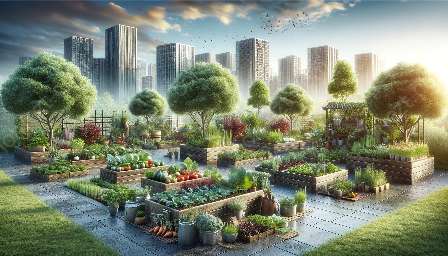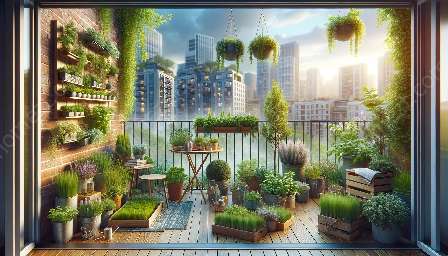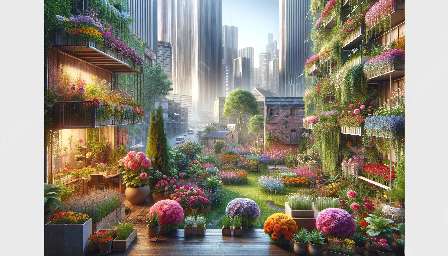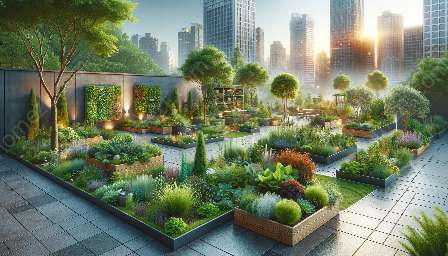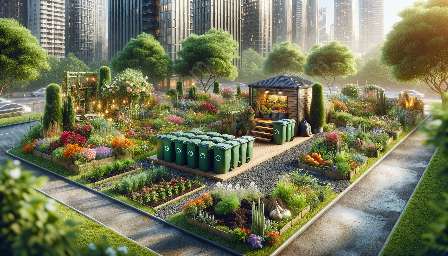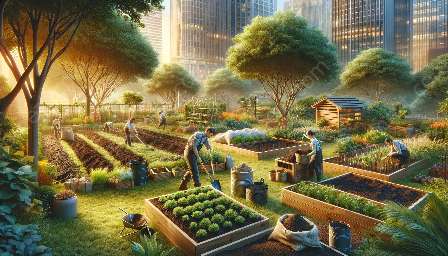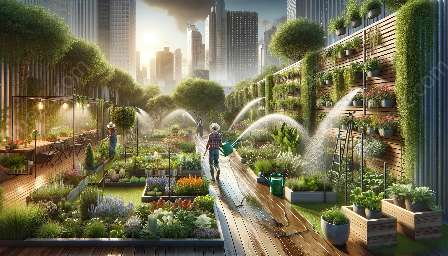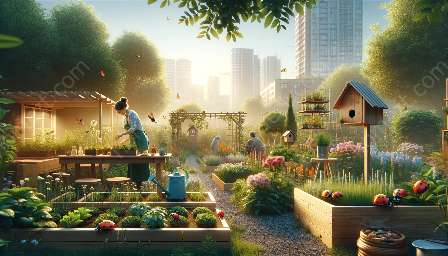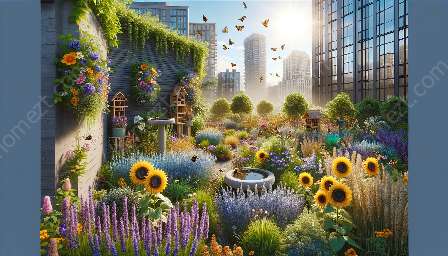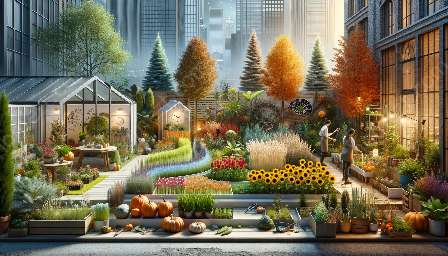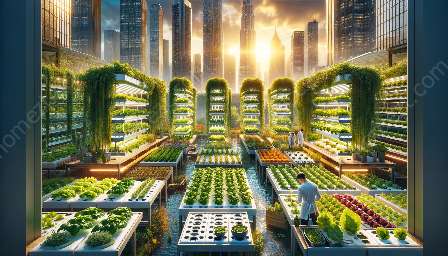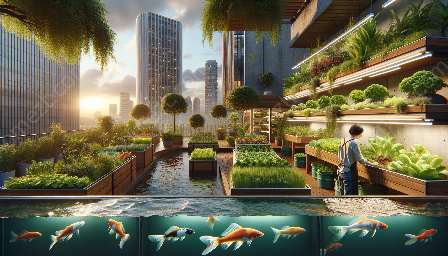Hydroponics is a method of growing plants without soil, using nutrient-rich water and a variety of mediums such as perlite or coconut coir instead. This innovative technique has gained popularity in urban gardening and gardening & landscaping due to its efficiency, sustainability, and ability to produce high yields in limited space. Let's explore the fascinating world of hydroponics and its compatibility with urban and landscape gardening.
The Benefits of Hydroponics in Urban Gardening
Urban gardening has gained momentum as a sustainable solution for food production in densely populated areas. Hydroponics offers several advantages for urban gardeners:
- Space Efficiency: Hydroponic systems require less space compared to traditional soil-based gardens, making them ideal for urban environments with limited room for traditional gardening.
- Resource Conservation: By delivering nutrients directly to the plant roots, hydroponic systems use water more efficiently than soil-based gardening, making them ideal for areas with water restrictions.
- Year-Round Cultivation: Hydroponics allows for year-round plant growth, enabling urban gardeners to produce fresh, healthy crops regardless of the season.
- Improved Crop Quality: Plants grown using hydroponic techniques often exhibit faster growth and higher yields than those grown in soil, providing urban gardeners with a bountiful harvest in a limited space.
Hydroponics in Landscaping: Enhancing Outdoor Spaces
Hydroponics is not only beneficial for urban gardening but also offers unique advantages for gardening & landscaping projects:
- Vertical Gardens: Hydroponic systems can be integrated into vertical gardening designs, allowing for lush, green walls that transform outdoor spaces, such as urban rooftops and courtyards.
- Sustainable Landscaping: By adopting hydroponic techniques, landscapers can create sustainable and eco-friendly designs, reducing water usage and minimizing environmental impact.
- Customized Plant Selection: Hydroponics expands the possibilities for plant selection in landscaping, enabling the use of diverse species and creating visually stunning arrangements that enhance the beauty of outdoor environments.
- Reduced Maintenance: Hydroponic landscaping requires less maintenance and is less susceptible to soil-borne pests and diseases, resulting in healthier and more vibrant green spaces.
Techniques and Systems for Hydroponic Gardening
Hydroponic gardening involves various techniques and systems designed to provide optimal growing conditions for plants. Some popular hydroponic systems include:
- Deep Water Culture (DWC): In this system, plant roots are suspended in a nutrient solution, promoting rapid growth and high yields.
- Vertical Hydroponics: Ideal for urban gardening, this system utilizes vertical space to grow plants, maximizing the use of available area.
- Nutrient Film Technique (NFT): NFT systems deliver a thin film of nutrient-rich water to plant roots, ensuring efficient nutrient absorption and oxygenation.
- Aeroponics: This high-tech system involves suspending plant roots in the air and misting them with a nutrient solution, promoting fast growth and minimizing water usage.
Creating a Sustainable Future with Hydroponics
As urbanization continues to reshape our living spaces, the need for sustainable and efficient gardening methods becomes increasingly crucial. Hydroponics represents a viable solution for urban areas, offering the potential for fresh, locally grown produce and vibrant green landscapes. By integrating hydroponics into urban gardening and landscaping practices, we can create healthier, more resilient communities and a more sustainable future for generations to come.

